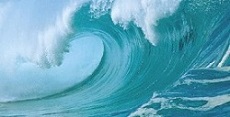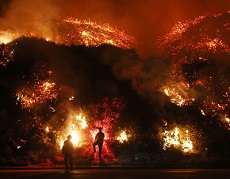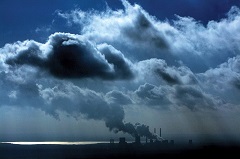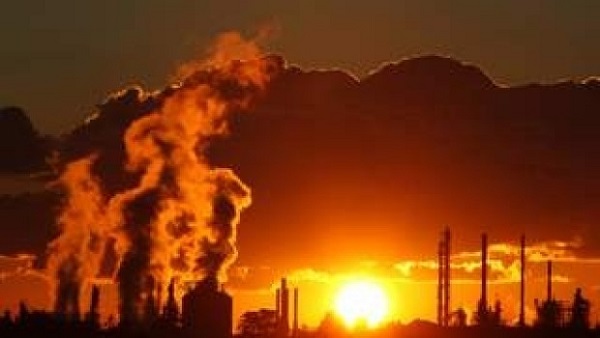 On the weekend Energy Minister Josh Frydenberg gently reminded the Coalsheviks in the LNP Coalition that they should not be flirting with the idea of coal-fired power, because
On the weekend Energy Minister Josh Frydenberg gently reminded the Coalsheviks in the LNP Coalition that they should not be flirting with the idea of coal-fired power, because
- we have to factor in a “carbon-constrained future”.
He warns that they may be investing in what will become ‘stranded assets’ before they wear out.
Why doesn’t he tell them like it really is? Tell them to look out the window.
The heatwave in Europe this year has been assessed as ‘five times’ more likely because of climate change. The northern summer’s heat is being recognised as the strongest climate signal yet. Wildfires have raced through neighborhoods in the western United States, Greece and as far north as the Arctic Circle. Drought is threatening food supplies: Continue reading NEG policy disaster won’t fly

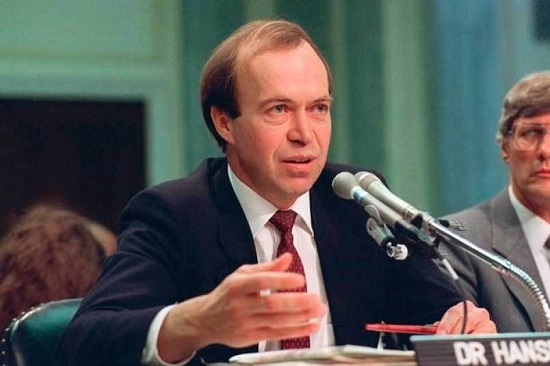
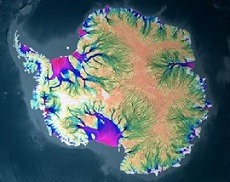 A new study has found that
A new study has found that 
